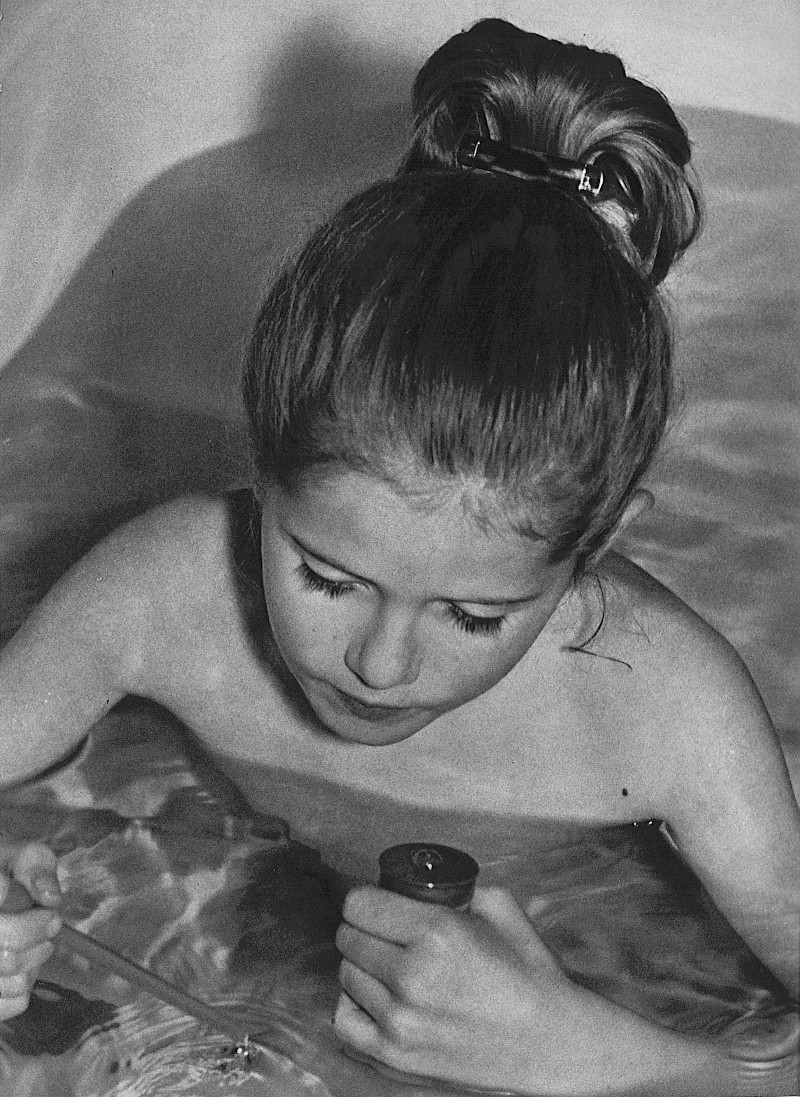
Extrait de son deuxième recueil de vers, un joli petit poème, où la petite fille laisse libre cours à son imagination… CONTINUE READING / CONTINUER LA LECTURE…

Extrait de son deuxième recueil de vers, un joli petit poème, où la petite fille laisse libre cours à son imagination… CONTINUE READING / CONTINUER LA LECTURE…
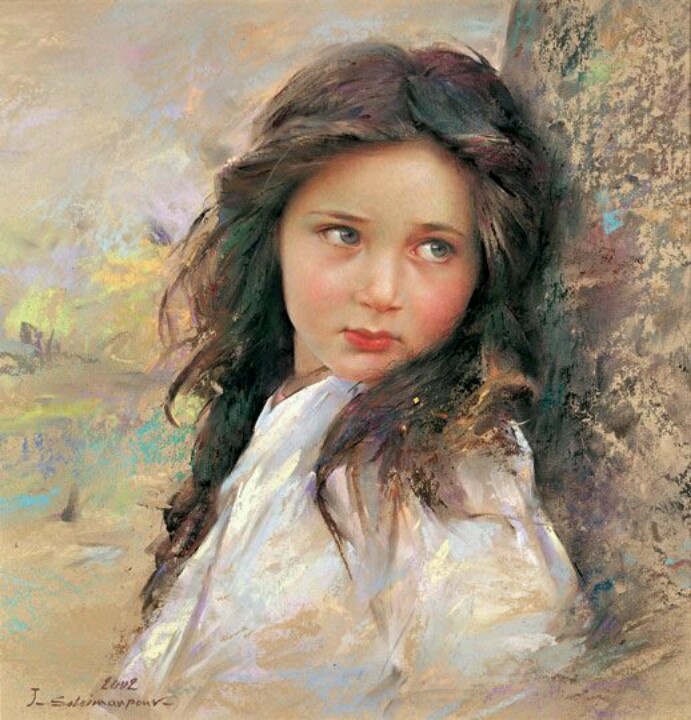
A beautiful love poem, the eleventh from the collection Rosa Mundi, and other love-songs. Here ‘darkmans’ means ‘night’ and is an old English canting word (according to the editor). CONTINUE READING / CONTINUER LA LECTURE…
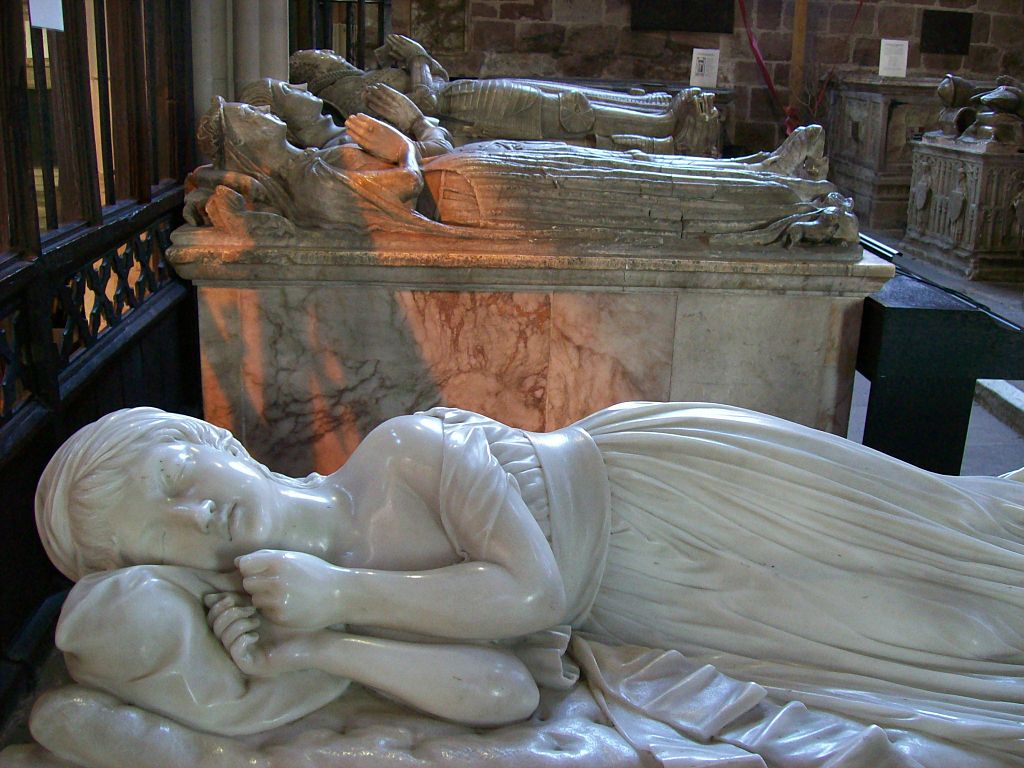
Sir Brooke Boothby (1743–1824), seventh Baronet, and his wife Susanna (1755–1822) had a daughter, Penelope, born on April 11, 1785, their only child. The little girl is renowned for her portrait made by Sir Joshua Reynolds in July 1788. As writes Estelle Hurll in her booklet about Sir Joshua Reynolds: CONTINUE READING / CONTINUER LA LECTURE…
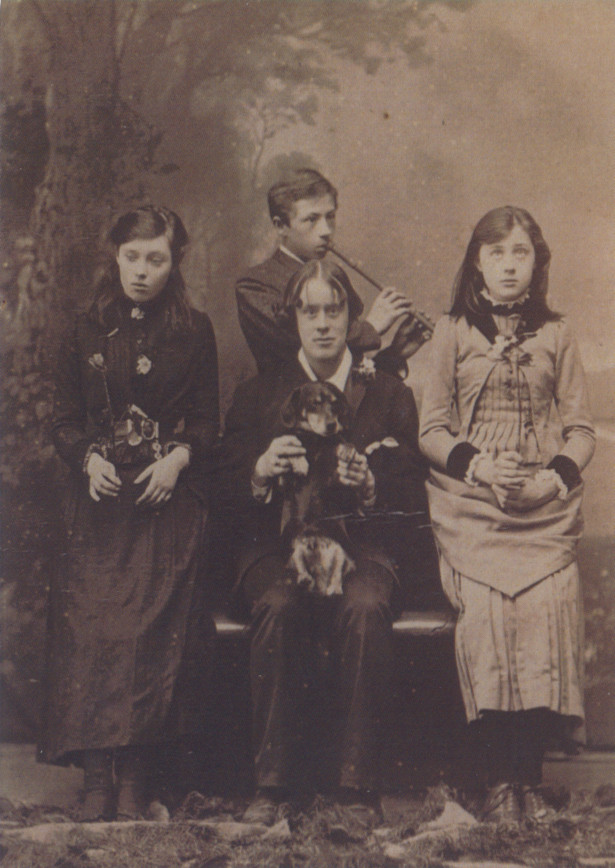
My second choice from Myrtle, Rue and Cypress (1883), Stenbock’s second collection of verses, is a poem in the spirit of carpe diem, honouring love, youth and wine. Here he joins Baudelaire, who also extolled wine and drunkenness, and indeed both authors experienced the pleasures of alcohol and drugs. As in many of Stenbock’s poems, the gender of the beloved young person is left unknown, but it was most probably a boy. CONTINUE READING / CONTINUER LA LECTURE…
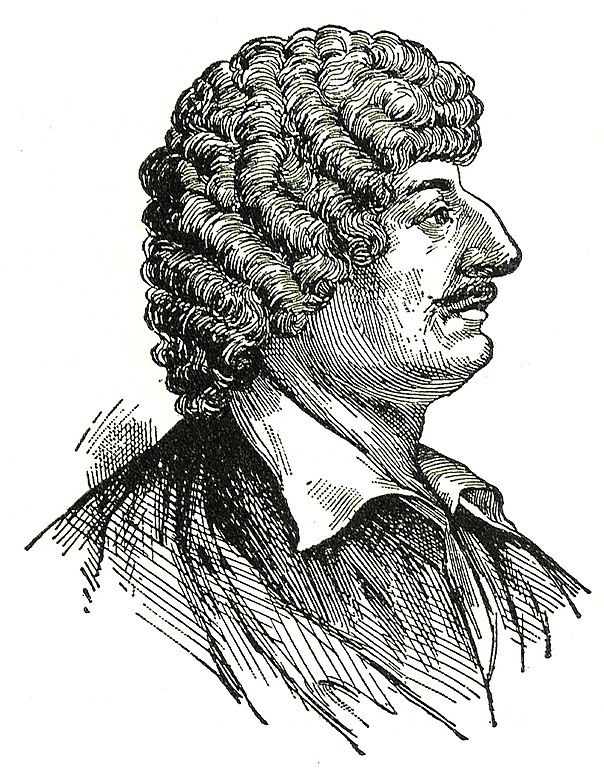
Robert Herrick (1591–1674) was an English poet and cleric who lived through the Stuart dynasty, then the civil war and finally the Restoration. In 1648 he published Hesperides: Or, The Works Both Humane & Divine, a huge collection of poetry, to which he appended a shorter collection of religious poems, His Noble Numbers: Or, His Pious Pieces, apparently dated 1647; together, they make over 1400 poems. CONTINUE READING / CONTINUER LA LECTURE…
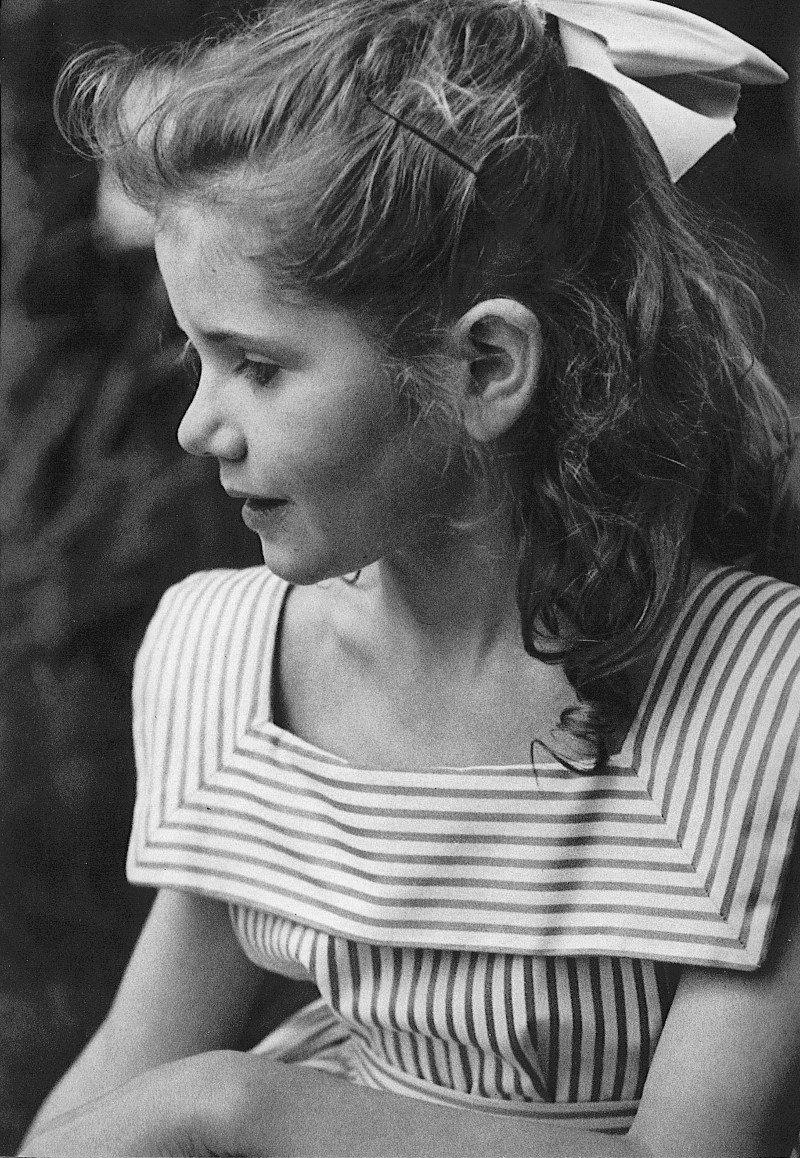
Contrairement aux autres poèmes du deuxième recueil de Minou, Le Pêcheur de lune, celui-ci n’est pas dédié. On peut donc imaginer qu’il s’adresse à un amoureux secret. CONTINUE READING / CONTINUER LA LECTURE…

The eighth poem of Rosa Mundi, and other love-songs tells us that the beauty, the kisses and caresses of the loved Italian girl will not last, in the same way as night must soon end with sunrise. There is no salvation in an afterlife, so we must enjoy the pleasures of earthly life without delay, thus live the bliss of the short love night. CONTINUE READING / CONTINUER LA LECTURE…
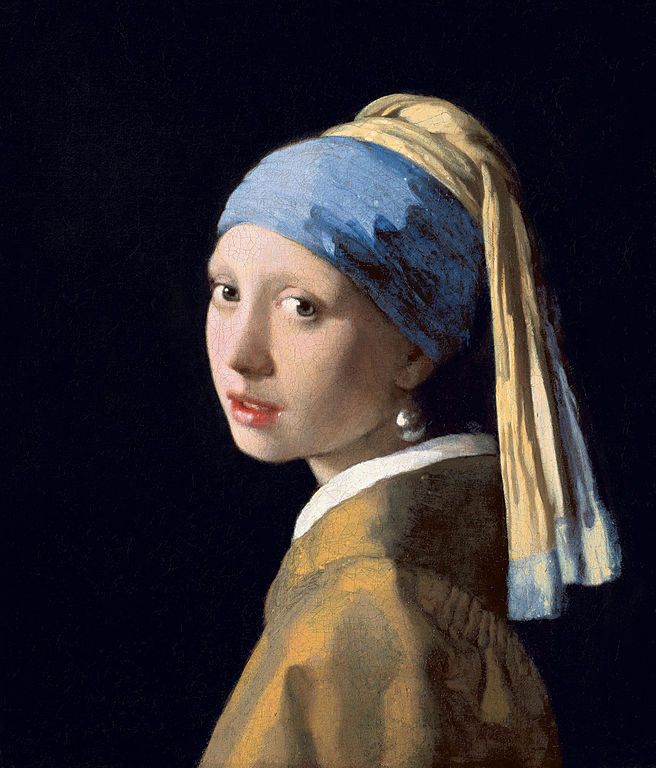
Adam Zagajewski (born in 1945) is a famous Polish poet, essayist, novelist and translator. In his youth, he became well-known as one of the leading poets of the “Generation of ’68” or “New Wave” writers in Poland, and throughout the 1970’s and early 1980’s he supported through his writings the opposition to the Polish regime. Later he took some distance from politics and his writings assumed an increasingly philosophical and existential nature. CONTINUE READING / CONTINUER LA LECTURE…
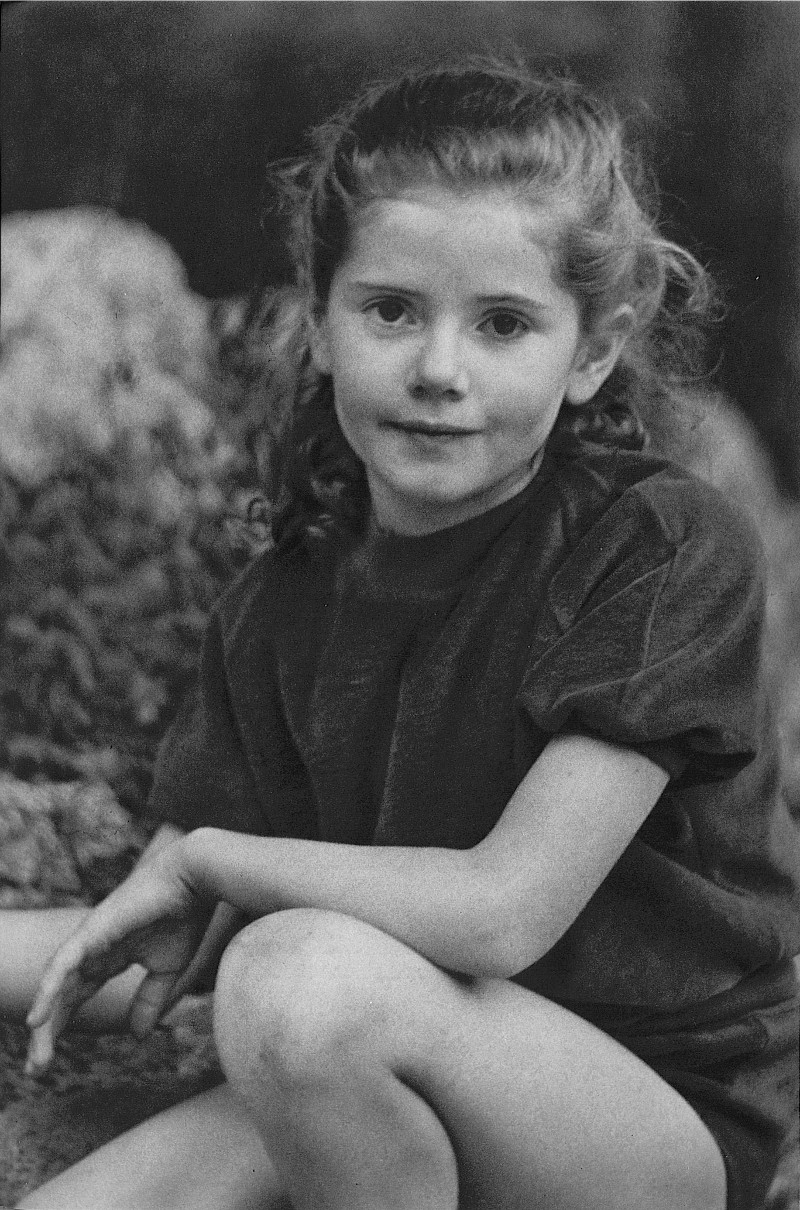
Dans un précédent article, j’ai décrit comment Minou Drouet fit la connaissance d’un garçon de quinze ans, Philippe, amoureux d’elle, qu’elle finit par aimer. Dans ce poème de son deuxième recueil, Le Pêcheur de lune, publié en 1959, elle parle de la relation tendre qu’elle noua à huit ans avec un garçon de douze ans, avec qui elle jouait sur la plage. CONTINUE READING / CONTINUER LA LECTURE…
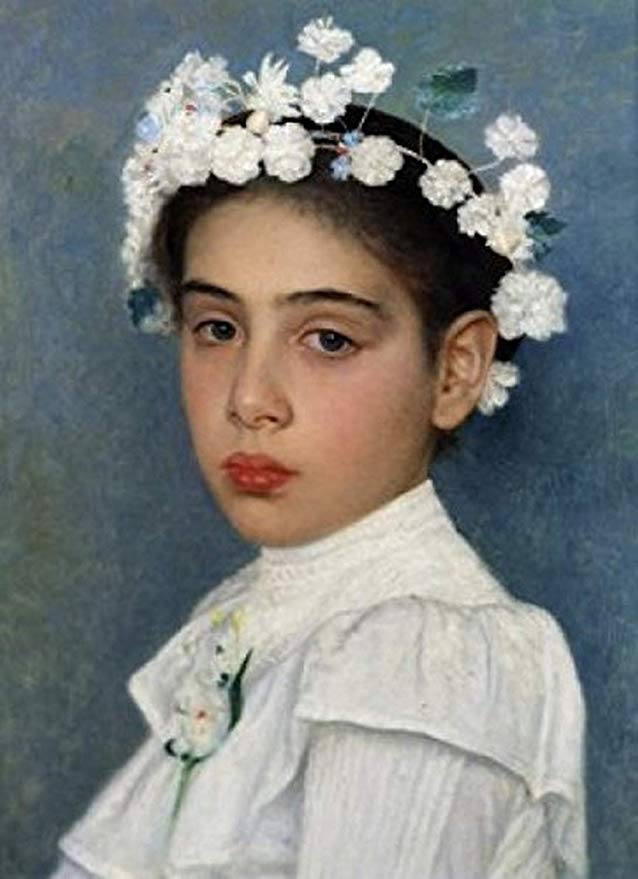
Voici un beau poème d’amour, imagé et sensuel, le trente-troisième de la collection Premiers Vers, rassemblant les œuvres d’adolescence et de jeunesse de l’écrivain. La beauté de l’aimée, ses yeux et ses baisers, sont la vraie divinité. CONTINUE READING / CONTINUER LA LECTURE…